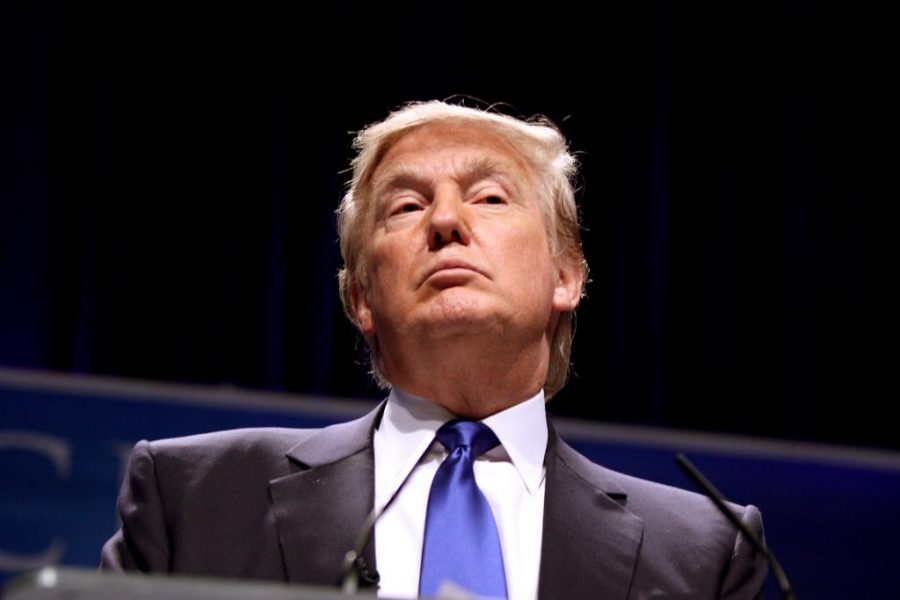On Jan. 4, 2019, UNF Associate Professor Joshua Gellers tweeted that he won’t be getting his university-commissioned computer due to the “#Trump #tariffs” of 2018.
Just found out that the reason I’m not getting a new computer from my university is that the #Trump #tariffs have caused a manufacturing back log and IT has no idea when they’ll actually receive the products they ordered months ago. Wow.
— Josh Gellers (@JoshGellers) January 4, 2019
Political Science and Public Administration Professor, Joshua Gellers, applied for a “currency” upgrade at the beginning of the 2018 fall semester. The option for currency upgrade is provided to certain members of the UNF faculty to ensure their technology remains “current” and can meet the demands of their work for the university.
Gellers told Spinnaker that he is hoping to switch his Apple desktop for a Macbook, as his work has him traveling often. He said his current laptop, which he has used since graduate school, is no longer as effective as it once was.
A month into the fall semester on Sept. 18, 2018, the Office of the United States Trade Representative finalized tariffs of 10 percent on $200 billion of Chinese imports.
This list includes aluminum components and components used in semiconductor production. Many consumers are concerned that these tariffs, or import taxes, will slow down production of goods as companies might attempt to move manufacturing out of China to combat the increased cost of importing.
Spinnaker also spoke to Alison Cruess, director of Communications & Training for Administration and Finance, who assured that the delay in the delivery of technology has been addressed. She shared an official statement from Intel, the company responsible for Apple’s Macbook processors, which is available via the UNF Procurement Services page.
The statement expresses that the company encountered an unprecedented increase in demand for processors during the second half of 2018, and that while “supply is undoubtedly tight,” it is taking steps to increase production.
It does not explicitly acknowledge the trade tariffs in any way. Whatever role the trade tariffs may or may not have had in the delay of Intel’s production and Gellers’ currency upgrade, they soon may be coming to an end.
My meeting in Argentina with President Xi of China was an extraordinary one. Relations with China have taken a BIG leap forward! Very good things will happen. We are dealing from great strength, but China likewise has much to gain if and when a deal is completed. Level the field!
— Donald J. Trump (@realDonaldTrump) December 3, 2018
After the Group of 20 Summit in Buenos Aires which occurred in December 2018, President Donald Trump and Chinese President Xi Jinping, came to a temporary “ceasefire” agreement.
A statement from the White House said the US would not raise tariffs for 90 days, and that China would purchase a “very substantial” amount of products from the United States to reduce the trade imbalance. But if an agreement is not reached, more consumers like Professor Gellers may start noticing the tariffs’ effects, which affect diverse products such as seafood, cosmetics, and paper goods.
—
For more information or news tips, or if you see an error in this story or have any compliments or concerns, contact editor@unfspinnaker.com.












